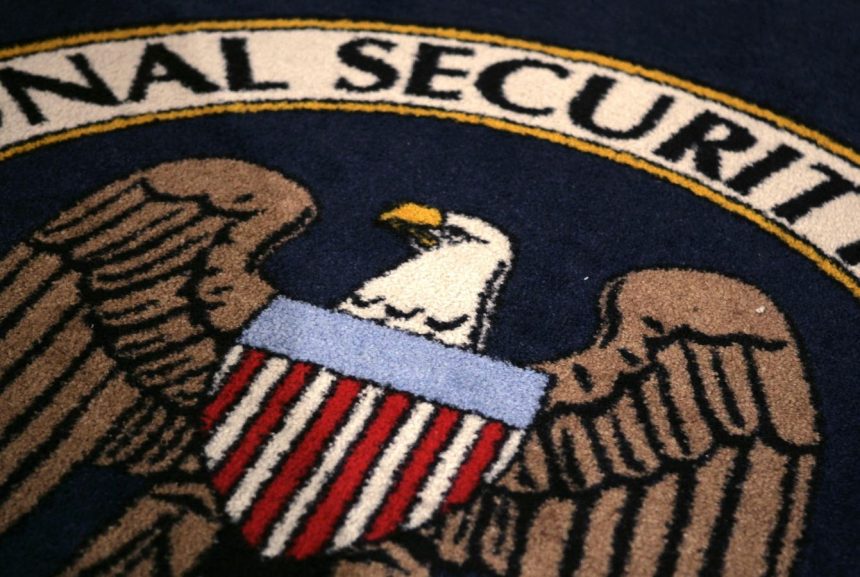The digital age has ushered in unprecedented convenience and connectivity, but at a cost: our privacy. Our smartphones, constant companions in our daily lives, meticulously track our movements, creating a detailed map of our whereabouts. While this location data can be beneficial for personalized services and navigation, it also poses a significant risk. The recent breach of location aggregator Gravy Analytics serves as a stark reminder of this vulnerability, exposing the sensitive location data of millions of users. This incident underscores the urgent need to address the pervasive issue of location tracking and data harvesting, highlighting the ease with which this information can be compromised and misused. The incident also serves to emphasize that despite the advancements in privacy protections offered by Apple and Android, the threat of location tracking remains persistent and requires proactive measures from users.
The Gravy Analytics breach exposed a treasure trove of sensitive information, including customer lists, industry insights, and most alarmingly, precise location data harvested from smartphones. This data, as reported by various media outlets, was gleaned not directly from the phones themselves, but from a network of apps, many of which are widely used and trusted by millions. The list of compromised apps spans a broad spectrum, including dating apps like Tinder and Grindr, popular games such as Candy Crush and Harry Potter: Puzzles & Spells, transit apps, period-tracking apps, fitness apps like MyFitnessPal, social networks, email clients, productivity apps, and even VPN apps—ironically downloaded by users seeking to enhance their privacy. The sheer diversity of these apps demonstrates the pervasiveness of location data harvesting and the potential reach of such breaches. This wide reach raises serious concerns about the potential for misuse of this data, ranging from targeted advertising to more nefarious purposes such as stalking or even blackmail.
The underlying mechanism that fuels this data collection is the real-time bidding (RTB) process, a cornerstone of targeted advertising. RTB involves the auctioning of user data, including location information, to advertisers and data brokers. While this process enables personalized ads, it also exposes users’ personal information to a vast network of entities, raising significant privacy concerns. The Electronic Frontier Foundation (EFF) has highlighted RTB as a highly invasive surveillance system, posing risks to both individual privacy and national security. The Gravy Analytics incident underscores the dangers of RTB by demonstrating how easily this data can be compromised, exposing sensitive information to malicious actors. This incident serves as a wake-up call to users and regulatory bodies alike, emphasizing the need for stricter controls over data collection and sharing practices within the RTB ecosystem.
The implications of this data breach extend far beyond individual privacy. Security researcher Baptiste Robert, after analyzing the leaked data, revealed its potential to compromise national security. The data included location points from highly sensitive locations such as the White House, Kremlin, Vatican, and military bases, demonstrating the potential for adversaries to exploit this information. Robert even illustrated how the data could be used to identify military personnel by correlating their movements with known military locations. This alarming revelation underscores the critical need for stronger safeguards around location data, particularly in relation to sensitive government and military installations.
The National Security Agency (NSA), recognizing the inherent risks associated with location data, issued a warning emphasizing the need for users to actively protect their information. This warning, although initially released in 2000, remains acutely relevant today. The NSA highlights how location data can reveal sensitive information about user movements, daily routines, and associations, making it a valuable target for both malicious actors and surveillance agencies. The agency recommends several mitigation strategies, ranging from disabling location services entirely to regularly resetting the advertising ID. While the more extreme measures may not be practical for most users, the core recommendations, such as minimizing app permissions and disabling advertising tracking, are crucial steps in mitigating the risks associated with location data exposure. These steps empower users to take control of their privacy and limit the amount of information shared with third-party apps and data brokers.
While completely eliminating the risk of location data exposure may be impossible in today’s interconnected world, minimizing that risk is within our reach. The NSA emphasizes that awareness is the first step in protecting our location data. By understanding how this information is collected, shared, and potentially misused, we can make informed decisions about the apps we use and the permissions we grant. The NSA recommends limiting app permissions to only what is absolutely necessary, disabling advertising permissions whenever possible, and regularly resetting the advertising ID. Apple users benefit from the “Allow Apps to Track” setting, which should be disabled to prevent apps from tracking activity across other companies’ apps and websites. Android users can protect themselves by regularly deleting/resetting their advertising ID. These relatively simple steps can significantly reduce the amount of location data shared with third parties, thereby mitigating the risks of exposure and misuse. These measures, coupled with a growing awareness of the value and vulnerability of our location data, are crucial in navigating the complex privacy landscape of the digital age.



